Guest post by Magnus Lundgren, Kseniya Oksamytna, and Vincenzo Bove
When the United Nations (UN) peacekeeping mission was established in the Central African Republic in 2014, many hoped it would quell violence, protect civilians, and facilitate humanitarian assistance in the war-ravaged country. But by August 2015, the mission had received almost 60 allegations of misconduct and child sex abuse. One of them concerned a 12-year-old girl allegedly raped by a UN peacekeeper.
With more than 75,000 uniformed personnel across twelve ongoing missions, UN peacekeeping is a crucial tool for maintaining international peace and security. UN peacekeepers have been credited with contributing to a number of the positive outcomes you’d expect from peacekeepers: preventing the spread of conflict, protecting local populations from rebel violence, enhancing civilians’ economic and psychological well-being, and helping parties sign peace agreements.
But they have also been the targets of justified criticism. UN peacekeepers brought cholera to Haiti. They engaged in sexual exploitation and fathered children whose mothers face discrimination by their communities. They have been accused of using force excessively or indiscriminately. A recent investigation into peacekeepers’ involvement in smuggling made international headlines.
Although it is individual peacekeepers who engage in unethical or unlawful behavior, it is their leaders who must ensure that UN policies and standards are followed. In the wake of scandals, many wonder whether the UN is willing and able to hold peacekeeping leaders to account.
In UN peacekeeping missions, there are three senior leadership posts: the top civilian diplomat and overall head of the mission (the Special Representative of the Secretary-General); the top military official who has operational control over Blue Helmets (the Force Commander); and the head of the police component (the Police Commissioner). Accountability must be assured across each of these levels of leadership, but ensuring such accountability in a consistent fashion is complicated. In 2016, for example, a Kenyan Force Commander was sacked over an ineffective response to violence in South Sudan. In response, Kenya withdrew its 1,000-strong contingent from the South Sudan mission, which necessitated offering Kenya command of the UN-African Union operation in Darfur to entice it back into contributing to the South Sudan mission.
Accountability, in other words, can antagonize strategically important countries. The Secretary-General appoints and dismisses military and civilian peacekeeping leaders, yet this task is not simply about human resource management—it is about foreseeing the political consequences of such decisions for the UN’s relations with its member states. Decisions on retaining peacekeeping leaders or letting them go are complicated by the absence of clear criteria for evaluating performance. For example, Force Commanders cannot be held responsible for the actions of all military personnel in their mission. Member states provide personnel to UN operations voluntarily, and some contingents disobey Force Commander’s orders, following directions from their capitals instead. Evaluating how well top civilian officials do their job is even trickier. How can one measure their contribution to confidence-building through the so-called “good offices”—i.e., mediation and engagement with both parties?
At the same time, the UN Secretariat needs to create at least an appearance of accountability: when missions underperform, the public expects that their leaders will be replaced. We examined whether mission performance, peacekeepers’ conduct, and the absence of attacks on the mission influenced how long peacekeeping leaders remained in their posts. We discovered that where violence continued unabated, Force Commanders—but not top civilian officials—faced shorter tenures. Sexual misconduct by peacekeepers did not affect the likelihood of replacement either of civilian or military leaders. Crucially, politics mattered: leaders from countries that contribute large numbers of troops to peacekeeping missions, or those from countries that are permanent members of the Security Council kept their jobs for longer.
From the accountability perspective, these findings are a mix of good and bad news. If military leaders’ tenures depend on how well the mission addresses violence, it suggests that there is some accountability, given that peacekeepers are supposed to prevent and quell violence. Going forward, these efforts should be enhanced, for example, by developing accurate performance indicators for key mandate objectives, such as the protection of civilians. Performance measurement should identify shortcomings—and successes—as early as possible.
Our finding that sexual exploitation does not seem to impact peacekeeping leaders’ tenures is more problematic. While our data on sexual exploitation are limited, the seeming lack of impact lends credence to the accusations that the UN is not doing enough to stop sexual abuse by Blue Helmets. Next to strengthened efforts by the UN, countries that contribute troops need to train and vet prospective peacekeepers before deployment and prosecute suspected abusers after they return home after their tour.
What about politics then? Political considerations shape appointments of UN peacekeeping leaders as well as officials in other UN organizations. If politics offsets considerations of merit or shields officials from accountability for poor performance, it may undermine not only the UN’s effectiveness but also its legitimacy. From a pragmatic perspective, accountability and performance are key concerns of some of the biggest financial contributors to the peacekeeping budget, such as the US, so UN officials need to take this issue seriously to maintain their support.
Following extraordinary allegations of abuse in the Central Africa Republic in 2015, the UN Secretary-General requested that the head of the mission in the country resign. It was the first case of public accountability openly directed at an individual leader of a UN peacekeeping operation. It should not be the last. Efforts to strengthen accountability in UN peacekeeping should continue. The UN and other international organizations stand a better chance of fulfilling their promise if leaders and officials are hired and fired on merit.
Magnus Lundgren is Associate Professor in the Department of Political Science at the University of Gothenburg. Kseniya Oksamytna is a Lecturer in International Politics at City, University of London, and a Visiting Research Fellow within the Conflict, Security and Development Research Group at King’s College London. Vincenzo Bove is Professor in the Department of Politics and International Studies at the University of Warwick.

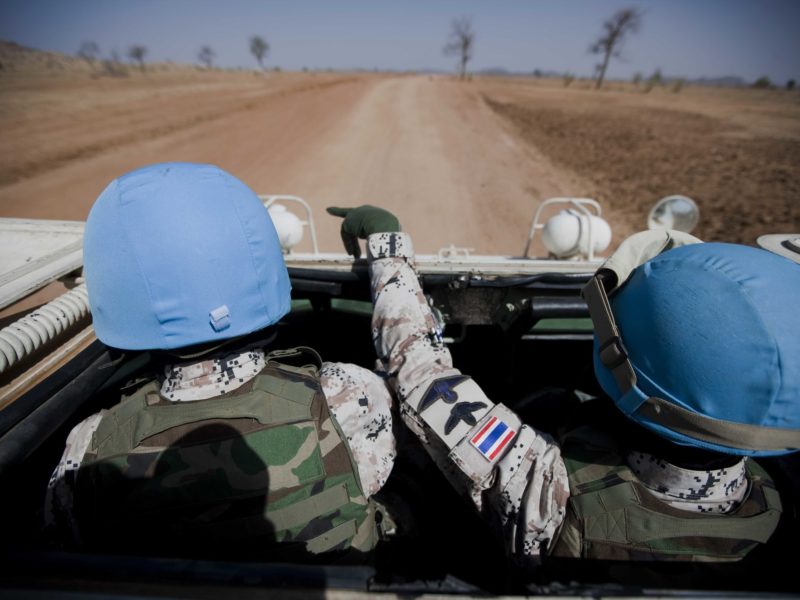
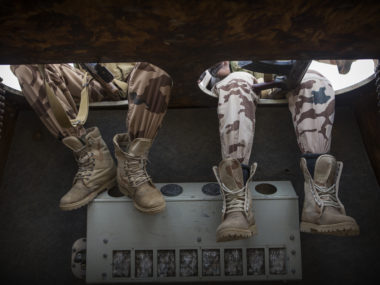
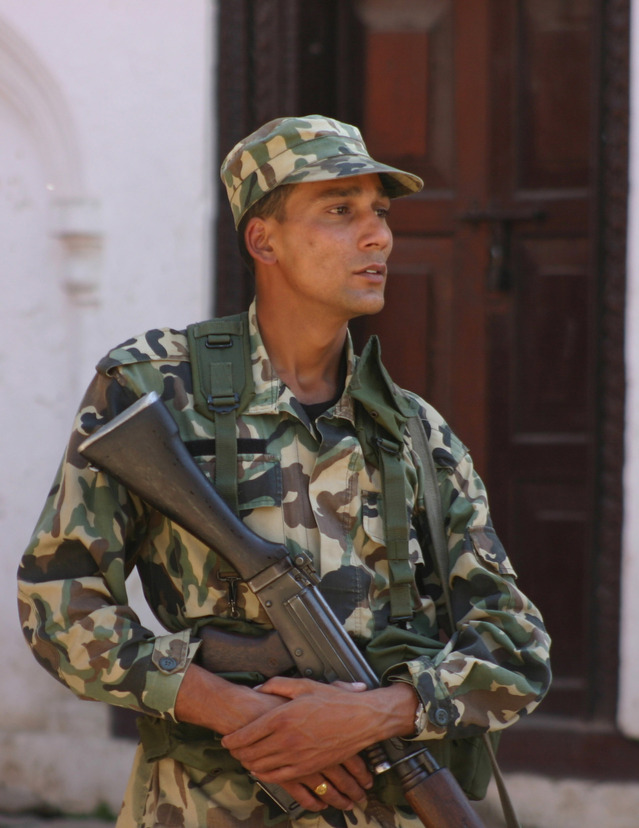
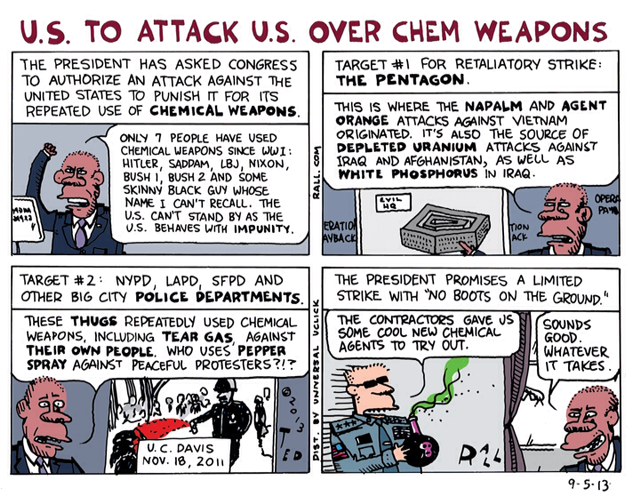

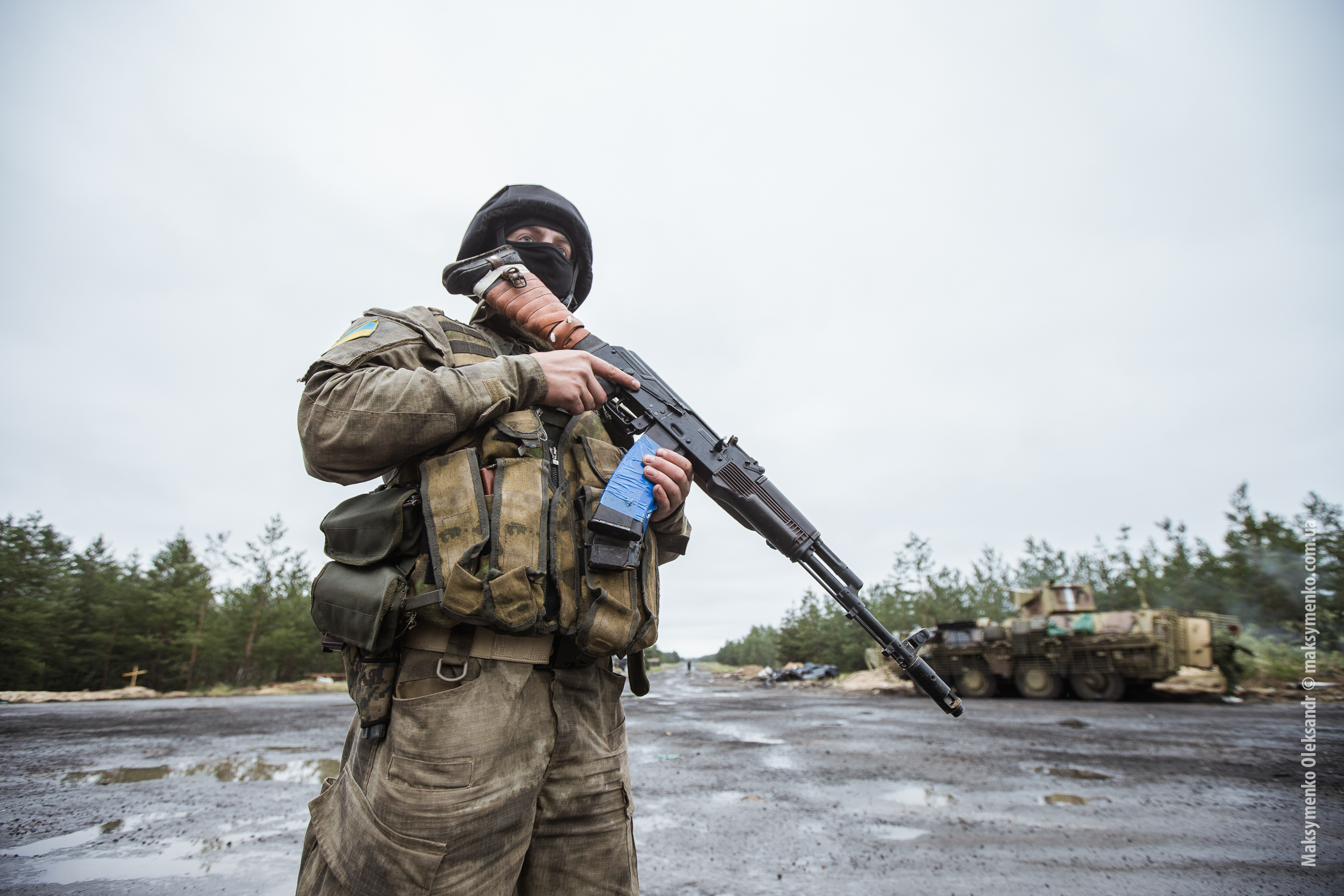
1 comment
From: Monte McMurchy
Date: June 3, 2015 1:54:04 PM EDT
To: SG Secretariat, Jan Eliasson
Subject: Sexual-Abuse Scandal Eroding UN Credibility in Peacekeeping
Begin forwarded message:
From: Monte McMurchy
Date: May 16, 2015 2:04:56 PM EDT
To: Helen Clark
Subject: Sexual-Abuse Scandal Eroding UN Credibility in Peacekeeping
Sexual-Abuse Scandal Eroding UN Credibility in Peacekeeping
This most recent Sexual-Abuse Scandal conducted by French soldiers under UN aegis in CAR is eroding the United Nation’s Credibility in Peacekeeping.
What fundamentally saddens me, concerning this gross civic civil abusive corrosive breach in both power and trust within elements of UN Peacekeeping is that UN Civilian Peacekeepers along with UN Military Peacekeepers have in the past up to the present day continued to abuse their fiduciary power and responsibility in the exchange of food for sex including other depraved acts of male and female debasement, is the utter lack of descriptive and prescriptive leadership by those entrusted with administrative and leadership responsibility.
Senior elements in both UN and UNDP continue in being anodyne androgynous by their respective comments of dismay concerning these cases of sexual power abuse debasement.
What is required is that the Senior Leadership within UN advance and state with utter unambiguous clarity that this kind of behaviour will not be tolerated ever, and that the sanctions imposed upon these miscreants found culpable [which ought to include their respective leadership conduit] must be most harsh severe and diplomatic immunity voided!
Leadership entails accepting and taking responsibility regardless of rank, as for me the greater the rank the more responsibility of leadership entailment.
Monte McMurchy LL.D.
p.s. During my time studying at the Harvard Kennedy School of Government, one of my professors Joseph Nye stated to me that “ I speak truth to power” which he considers as an exemplar in ‘moral courage’ which is attributed to those rare few men/women who defy crowd institutional mass values [which alas is so prevalent within UN/UNDP] by standing up for a higher normative principal and advancing the same with unbridled fervour.